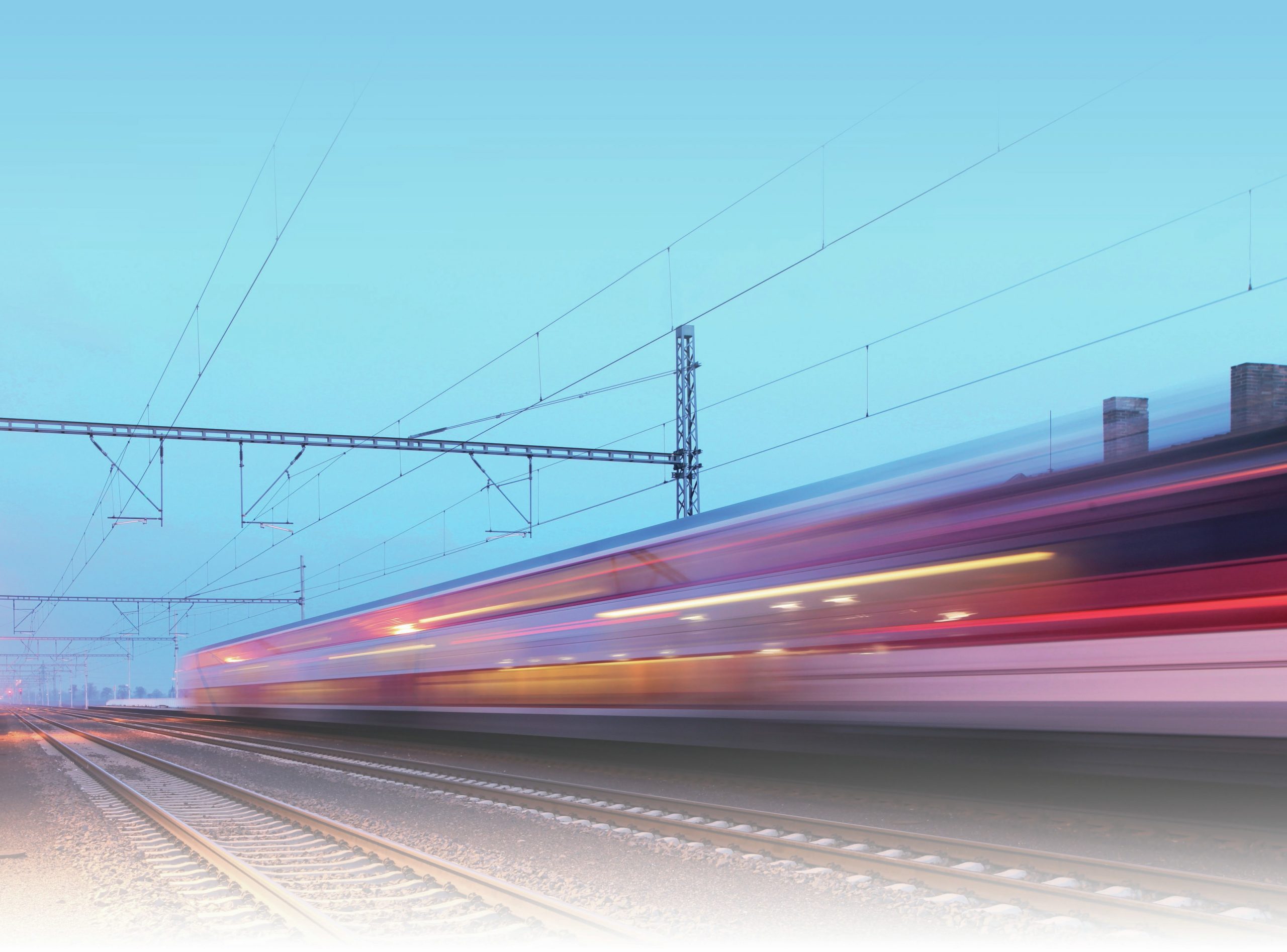
The modern economy relies heavily on its infrastructure — in particular, on the transport and communications networks that are crucial for competing effectively in the global market. According to the Office for Economic Cooperation and Development (OECD), Britain was ranked 33rd in the world for the quality of its infrastructure in 2010. How can this be addressed?
HS2 is a project designed to provide a new high-speed rail link between London and Birmingham (Phase 1), to be extended in two directions (Phase 2): to northwest England (Manchester) and Yorkshire (Sheffield and Leeds). In June 2013, the estimated funding requirement for the project was £42.6 billion at 2011 prices. Work on Phase 1 is due to start in 2017 and be completed in 2026. Phase 2 would be completed in 2033. This would be the largest infrastructure construction project in Europe.
Your organisation does not have access to this article.
Sign up today to give your students the edge they need to achieve their best grades with subject expertise
Subscribe




